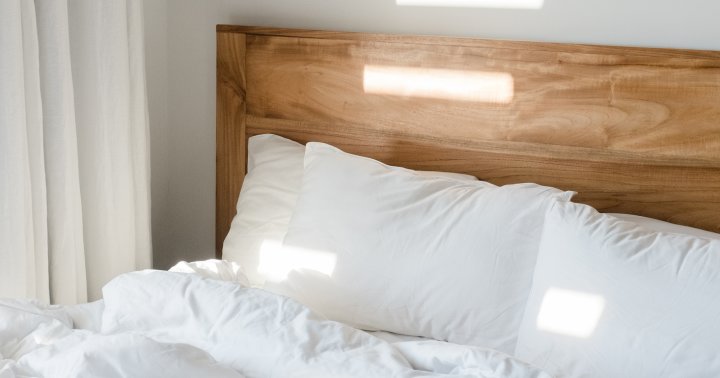7 Habits of Highly Effective Minimalists
In a world where more often seems like better, minimalism offers a different path, one that values quality over quantity and peace over chaos. Inspired by Joshua Becker’s approach to simplicity, let’s explore the seven habits that highly effective...


In a world where more often seems like better, minimalism offers a different path, one that values quality over quantity and peace over chaos.
Inspired by Joshua Becker’s approach to simplicity, let’s explore the seven habits that highly effective minimalists incorporate into their lives, contrasting these with the typical messages of our culture.
1. Intentional Living
Effective minimalists make intentional choices, aligning their actions with their values, in almost every area of life.
Unlike the cultural push towards mindless consumption, they focus on what truly matters to them, be it family, creativity, or personal growth. They take control of their own decisions and resources.
2. Decluttering Regularly
While society often equates possessions with success, minimalists understand that less is more.
Regular decluttering isn’t just about creating physical space; it’s about making room for new experiences, ideas, and growth.
3. Embracing Quality Over Quantity
In contrast to the culture’s obsession with owning more, minimalists prioritize quality.
Whether it’s clothing, gadgets, or relationships, they choose things that last, provide value, and bring joy.
4. Practicing Gratitude
Gratitude is a cornerstone of minimalism. Instead of always seeking more, effective minimalists appreciate what they have.
This habit fosters contentment, a stark contrast to the relentless pursuit of material wealth. As a result of focusing on the good things you already have in life, you become less passionate about all the things you don’t have.
5. Mindful Consumption
Mindful consumption is about making thoughtful choices rather than succumbing to impulsive buying.
Minimalists ask, “Do I need this? Will it add value to my life?” and “Does this help me fulfill my purpose?” This approach counters the ‘buy now, think later’ mentality.
6. Seeking Personal Growth
Highly effective minimalists are always learning and growing.
They invest time in hobbies, reading, or learning new skills, diverging from the culture’s emphasis on passive entertainment.
Minimalism is not a means to checking out of life, it is the means to clear the pathway to focus on things that matter.
7. Fostering Meaningful Connections
In a digital age where quantity often overshadows quality in relationships, minimalists focus on deep, meaningful connections. They understand that true happiness comes from genuine interactions, not virtual likes or followers.
In conclusion, embracing minimalism is about more than decluttering your space; it’s about decluttering your life. By adopting these habits, you can find clarity, purpose, and joy in the simplicity of living.
For more insights into living a minimalist life, check out Becoming Minimalist and The Minimalists.

 Tfoso
Tfoso 






























